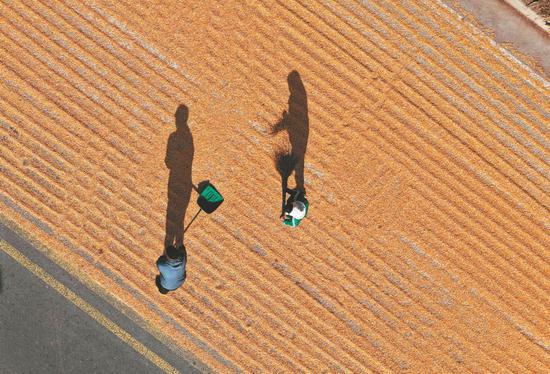
Farmers dry corn in the sun in Yangliuxue town, Binzhou, Shandong province, on Tuesday. (CHU BAORUI/FOR CHINA DAILY)
Researchers have seen a decline in consumer demand for grains and cereals in China and a rising interest in protein-rich and nutrient-dense foods, a change they said underscores the need to revamp the country's agri-food system, which heavily relies on arable land.
In 2022, food sourced from crop fields accounted for 83.5 percent of China's total food consumption. In contrast, forest products contributed only 4.8 percent, grassland products 0.4 percent, aquatic harvests 1.5 percent and livestock 10 percent, according to agrarians and nutritionists from institutions such as China Agricultural University, Zhejiang University and the Chinese Center for Disease Control and Prevention.
The researchers also highlighted additional structural challenges, including unsustainable production methods and a significant reliance on imports for items such as soybeans, which undermine the resilience of a populous nation's food supply.
The findings were published in the China and Global Food Policy Report 2024 during the World Agri-food Innovation Conference in Beijing.
The report noted that by capitalizing on the food-yielding potential of forests, grasslands, rivers and lakes, China can conserve 6.5 million hectares of arable land and cut carbon emissions by 180 million metric tons, a 19 percent decrease from current levels.
The researchers also proposed fostering the alternative protein industry, which focuses on creating protein-rich food sources not reliant on traditional animal agriculture. The aim is to alleviate pressure on water and soil resources and mitigate greenhouse gas emissions.
They predict that by replacing 10 percent of pork and beef with plant-based meats and another 1 percent with lab-grown meat, as well as substituting 15 percent of milk from livestock with plant-based milk and using insect protein feed for 10 percent of soybean meal, livestock production could decrease by 8.2 percent and dairy production by 16.6 percent by 2035.
This shift would lessen the demand for grains and soybean meal by 15.9 million tons and 9.23 million tons, respectively, while conserving 1.2 million hectares of arable land and reducing agricultural carbon emissions by 9 percent, the researchers said.
"Alternative proteins hold significant promise in addressing environmental impacts and enhancing public health," said Fan Shenggen, professor at the China Agricultural University, the lead author of the report.
Fan said China, confronting environmental and health issues within its food systems, has the potential to spearhead global progress in alternative proteins. To translate these possibilities into tangible outcomes, he stressed the necessity of public investments in research and development, regulatory reforms, incentivizing the private sector and shifting consumption patterns.
Bruce Friedrich, the founder and president of the Good Food Institute, a Washington-based think tank, said China has the potential to lead a global shift in protein sources, just as it has successfully promoted the expansion of renewable energy and electric vehicles.
"The world is eating more and more meat, and that's not going to change. But we can make that meat using science," he said, adding plant-based and lab-grown meat could be a $1.1 trillion industry.
Lasse Bruun, the United Nations Foundation's director for climate and food, said by showcasing the socioeconomic and food security advantages of alternative protein, China could set a precedent for other BRICS+ nations.
"We need to see a transition toward a global equitable and climate-safe consumption of animal products …and this transition will not be possible unless countries with excessive animal agriculture embrace alternative protein from plants, cells and fermentation," he said.
The report was published during a nationwide initiative to advocate for the idea of macro food, as China investigates novel protein and carbohydrate sources beyond traditional crops.
In February, the most recent No 1 Central Document, a crucial annual policy declaration, reaffirmed its backing for deep-sea aquaculture. It called on local authorities to uphold a "macro food perspective".









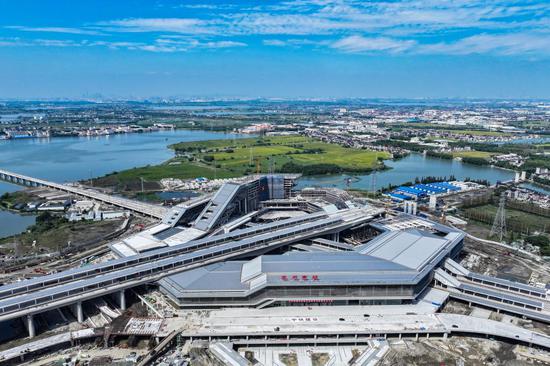
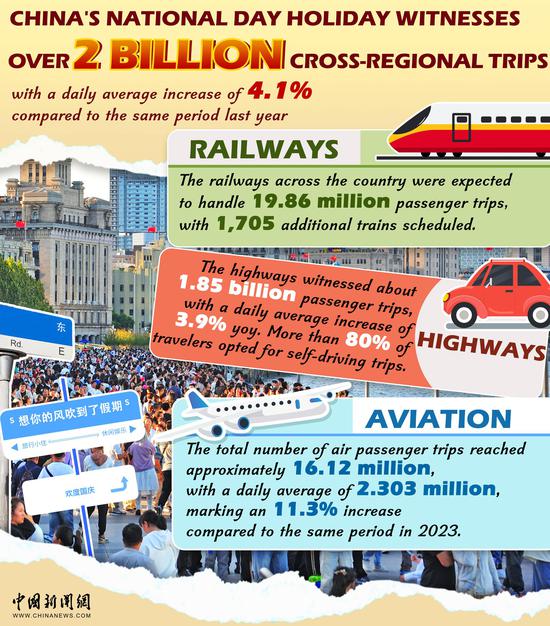




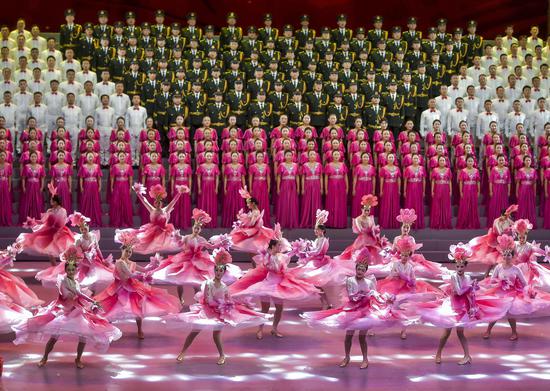


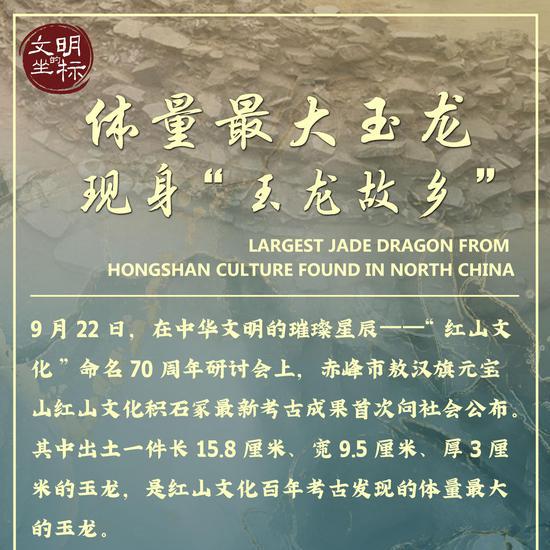
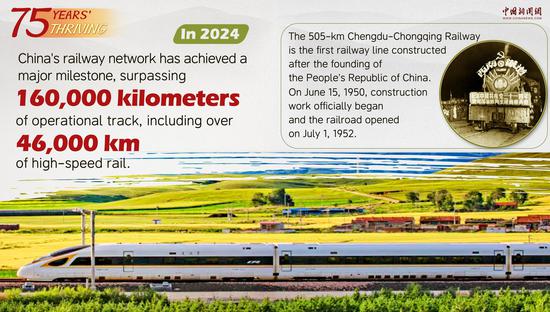

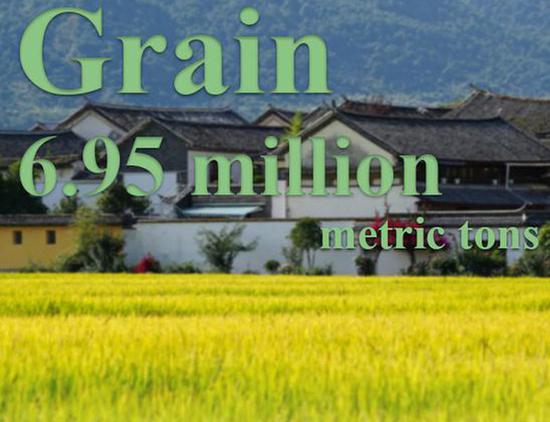






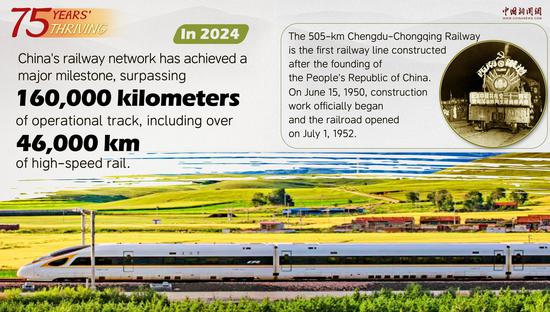
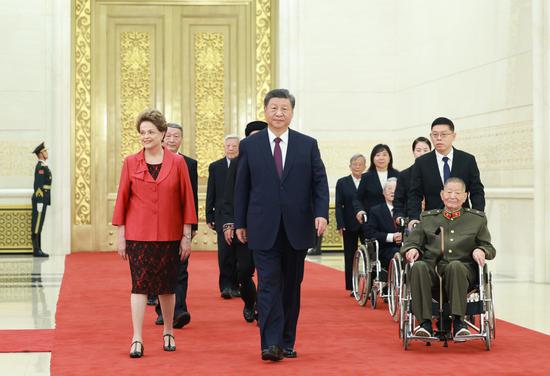



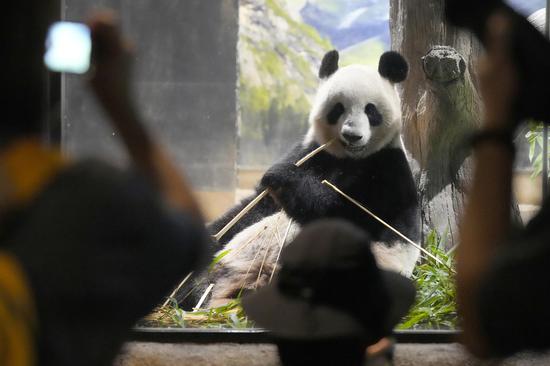

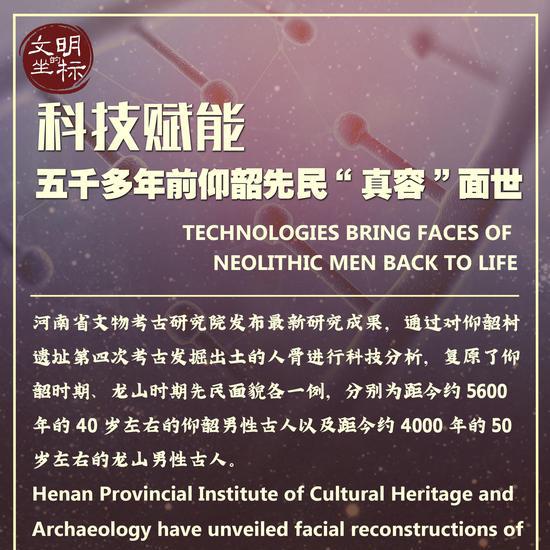
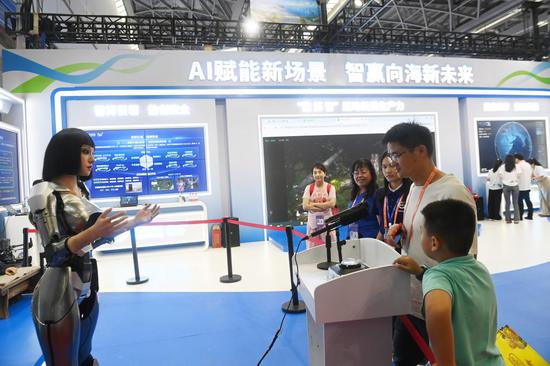









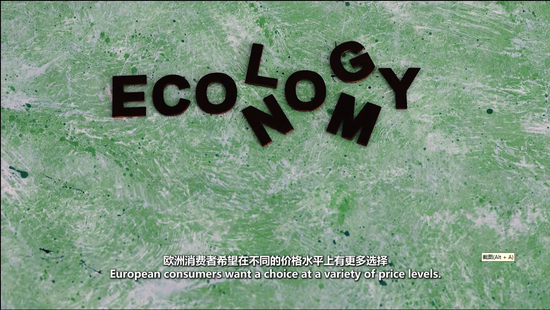



 京公网安备 11010202009201号
京公网安备 11010202009201号